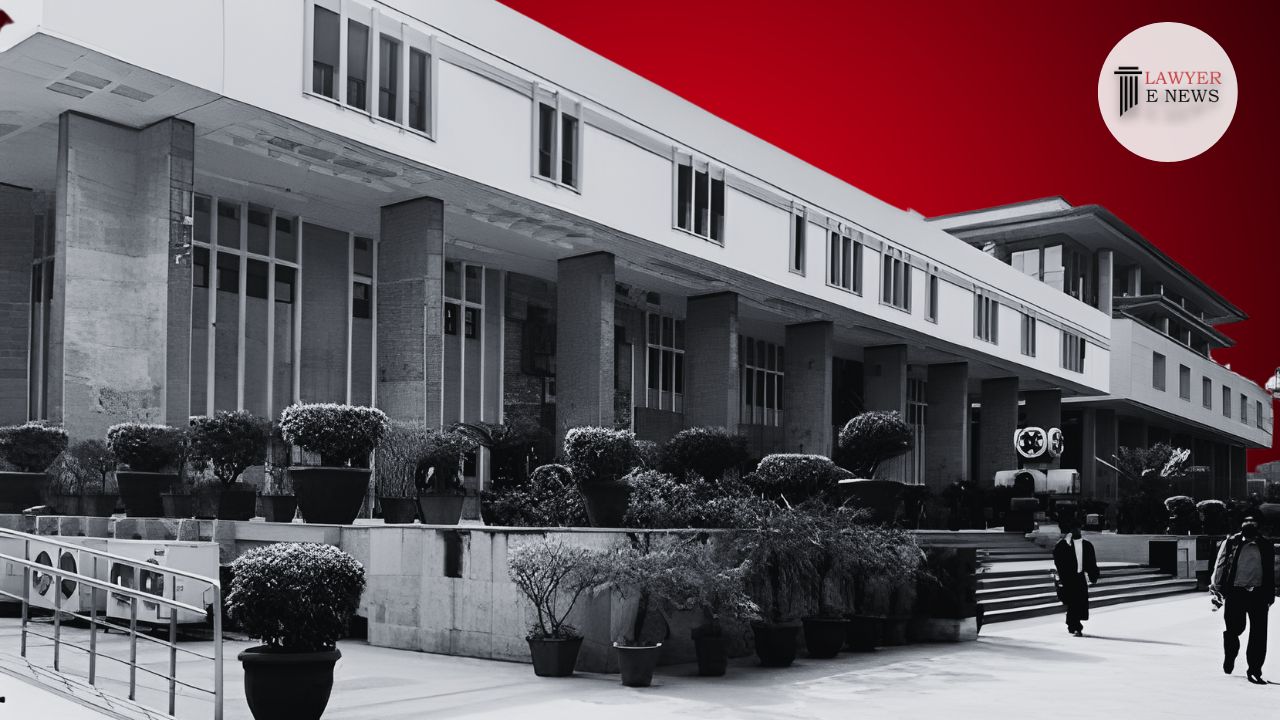-
by sayum
14 February 2026 2:22 PM



In a significant ruling, the Delhi High Court, presided over by Hon’ble Mr. Justice Amit Bansal, upheld the legality of summoning orders in cases of cheque dishonour under Section 138 of the Negotiable Instruments Act (NI Act). The Court confirmed that the mandatory inquiries, as required under Section 202 of the Code of Criminal Procedure (CrPC), were conducted satisfactorily.
Justice Bansal, in his landmark judgment, stated, “There is sufficient material available on record to summon the accused. Therefore, a prima-facie case punishable u/s 138 Negotiable Instruments Act, 1881 is made out against the accused.” This statement underscores the thoroughness of the Magistrate’s preliminary inquiry and reinforces the strength of the judicial process in financial misconduct cases.
The judgment resolved challenges to the summoning orders, focusing on compliance with the mandatory inquiry under Section 202 of the CrPC. The Court observed that for the purpose of Section 202 of the CrPC read with Section 145 of the NI Act, the Magistrate only needed to examine whether the basic ingredients of an offense under Section 138 of the NI Act were prima facie made out by the complainant.
In his detailed judgment, Justice Bansal also highlighted the role of the presumption under Section 139 of the NI Act. He stated, “At the stage of issuance of summons, for the purpose of Section 202 of the CrPC read with section 145 of the NI Act, the learned MM is only required to examine whether the basic ingredients of an offence under Section 138 of the NI Act have been prima facie made out by the complainant.”
The ruling reaffirms the presumption of a legally enforceable debt at the summoning stage, subject to rebuttal during the trial. This decision is seen as a reaffirmation of the judicial system’s commitment to ensuring that cases under the NI Act are handled with the due diligence they warrant.
Date of Decision: November 10, 2023
NORTHERN INDIA PAINT COLOUR AND VARNISH CO. LLP VS SUSHIL CHAUDHARY
